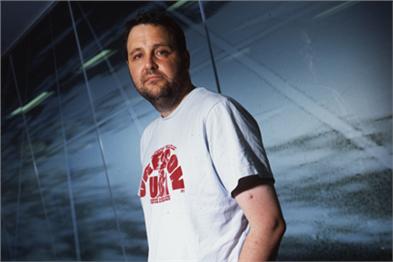Because, although it's most often used in agencies and the like to mean "collecting a bunch of stuff", in this case, it's probably the best way to describe what's actually going on. Because we're going to talk about Pinterest.
Pinterest is an image/thing curation service. As the website puts it: "Pinterest allows you to organize and share all the beautiful things you find on the web." The clue's in the name - you "pin" images that are of interest to you. It has been around for a little while, but people are just waking up to the huge amount of traffic it delivers to online retailers - in many cases, more than Twitter or Facebook. Because, surprise, surprise, it turns out that loads of the images that people collect are things they want to buy. The cliche of the typical Pinterest user is someone planning their wedding and using the site to collect and share images of dresses and bouquets. That's a great audience.
But Pinterest is more than just a shopping list. It's also a creative endeavour of just the right size for lots and lots of people - creative enough to feel special, but not so creative that it's too much work. You're deciding on things you like, so you're showing your taste, but you don't actually have to create the images or ideas in the first place. The vast majority of people on Pinterest aren't creating things - they're expressing themselves through choosing and liking things, recirculating them, putting them in different contexts and collections. Some people are very good at this - they accumulate followers and influence - but almost everyone enjoys doing it a bit. It's just the right size of interaction.
The same thing is going on at Tumblr - which started off as a really easy blogging tool, but which is morphing into another image/idea curation platform. Most people's Tumblrs are full of things they've found, rather than things they've made, and the most popular Tumblrs achieve their popularity by being coherent, stimulating compilations of that "found" stuff.
This is an interesting development for brands, agencies and creative individuals alike. The functional implications are obvious: if you want people to notice and share your stuff, make it easy for them to do that on places such as Tumblr and Pinterest. But there's also a big opportunity here for people who are professionally good at "taste" - which a lot of agency people are, and which lots of brands might find useful. Showing off about all the cool stuff you've seen in shops might suddenly become professionally useful. Hurrah for that.


